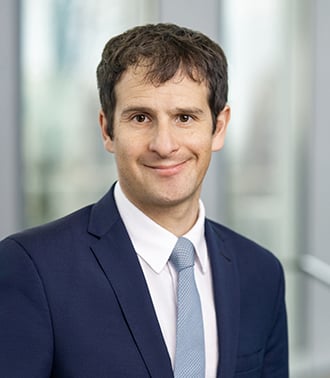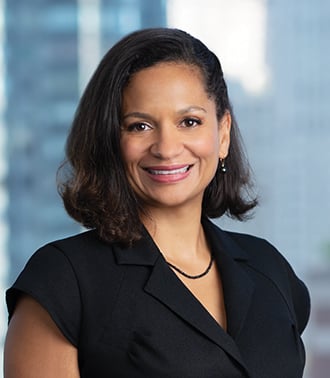FCPA Enforcers Take Questions at ACI Conference Town Hall
The 39th ACI FCPA Conference wrapped up yesterday with a town hall-style session featuring Charles Cain (head of the SEC’s FCPA Unit), Lorinda Laryea (Acting Principal Deputy Chief of the DOJ Fraud Section) and FBI agent Amie Stemen.
Here are some of the key takeaways.
Has there been a precipitous decline in FCPA enforcement? According to the speakers, no. While acknowledging that the number of corporate FCPA settlements announced over the last couple of years has been lower than in the preceding few years, the panelists pointed out several reasons for the perceived decline: the complexity and size of several recent corporate settlements; dozens of prosecutions of individuals for FCPA and related offenses; the consistent staffing of FCPA Units; the many active (and often non-public) FCPA investigations; the fact that complex international investigations can take years to resolve; and soon-to-be-announced resolutions of FCPA cases. (Laryea, for her part, did note that the pandemic had an effect on DOJ’s ability to carry out international investigations.)
Are compliance programs substantially stronger than they were 10 or 15 years ago? Generally, yes, Cain and Laryea said. Many companies are investing significant resources in compliance and incorporating other innovations. But for other companies, more needs to be done. Cain remarked that, while in an ideal world, there would not be any need to prosecute people for corruption, that is not (yet) the world we live in. People still break the law, he said, even when their employers take steps to prevent the misconduct.
What are common mistakes that defense counsel make during an investigation? Cain offered that too much advocacy in the fact development stage of an investigation can undermine perceptions about the company’s cooperation with the government. Laryea suggested that trying to go over the heads of line prosecutors or pit prosecutors against each other can backfire (though she recognized that there may be circumstances where it is appropriate to appeal a significant issue within DOJ).
When should a company call the government to report an issue? Laryea and Cain both recommended “sooner rather than later.” They reminded the audience that both the DOJ and SEC reward voluntary self-disclosure and cautioned against waiting so long that evidence might be lost. Still, they acknowledged that, at least as a general matter, not every single allegation of corruption needs to be reported to the government and that it may take time for a company to figure out whether allegations are credible and/or whether misconduct actually occurred.
© Arnold & Porter Kaye Scholer LLP 2022 All Rights Reserved. This blog post is intended to be a general summary of the law and does not constitute legal advice. You should consult with counsel to determine applicable legal requirements in a specific fact situation.


